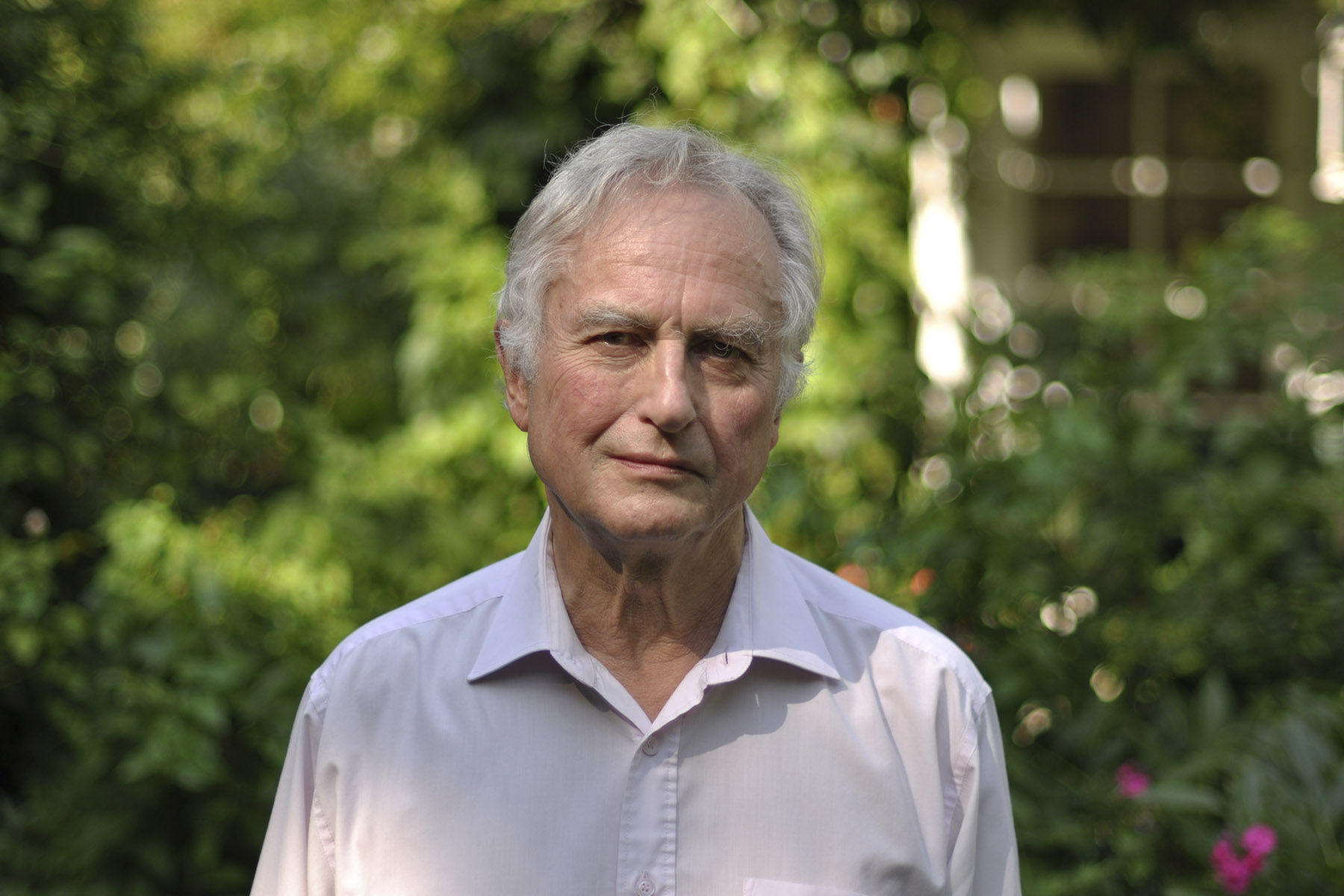- Home |
- Search Results |
- ‘When you talk nonsense, it’s probably better if you do it in an obscure language’: Richard Dawkins on religion and Prince Philip on the Penguin Podcast
‘When you talk nonsense, it’s probably better if you do it in an obscure language’: Richard Dawkins on religion and Prince Philip on the Penguin Podcast
The controversial ethnobiologist and author shares his views and stories on the latest episode of the podcast.

Nearly 15 years on from The God Delusion and Richard Dawkins’ household-name bestseller is still being read in dozens of languages around the world.
But the author and evolutionary biologist is back with a book that applies the theories of that book for younger people. Outgrowing God, Dawkins explains on the Penguin Podcast, is intended for a teenage audience, and is about “growing up and growing out of the superstition which is religion”.
On the episode, Dawkins offers insight into his long and esteemed career as a scientist with nuggets of witty anecdote and fact as he talks host Nihal Arthanayake through the objects he has brought to discuss. Among them are a first edition of the King James Bible, which was published in 1611. When asked why Dawkins, who has made a career from refuting religion, brought the text, he quipped, “Well, you have to know your enemy, don’t you?”
'I love the King James version for its language'
However, he went on to give a more thoughtful explanation: Dawkins “very much admire[s] the language of the King James version”, saying, “I love the King James version for its language,” which he described as “beautiful prose poetry”. More pertinently, Dawkins pointed out that the 17th-century translation was more difficult to understand than modern translations.
He said of the clergy: “I think if they had any sense they’d stick to the King James version, which has the advantage of poetry and the advantage of obscurity. Because when you talk nonsense, it’s probably better if you do it in obscure language so nobody can understand what nonsense it is.”
Dawkins further prodded at Christianity by comparing it to the “cargo cults”, and specifically the Prince Philip cult, that have emerged on the South Sea Islands. The phenomenon of cargo cults started in the 19th century but proliferated after the Second World War, when Islanders saw army bases receiving goods from overseas and believed them to be gifts from gods. “The Prince Philip cult is an offshoot of this,” explains Dawkins, “he was worshipped as a God on at least one of these islands. And there’s a second coming legend about him.”
“The Cult of Prince Philip, the Cult of the Cargo Cults… are within living memory, so we know how that got started. What we can see from [them] is how easy it is for a religious cult to get going. We laugh at it, but we shouldn’t laugh at it, any more than we laugh at Christianity – it’s just the same thing, only 2,000 years on.”
What did you think of this article? Let us know at editor@penguinrandomhouse.co.uk.